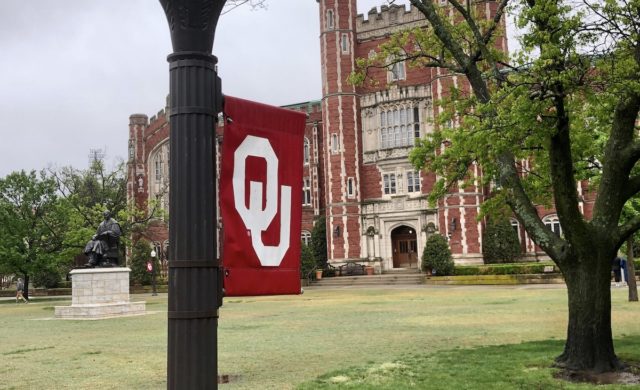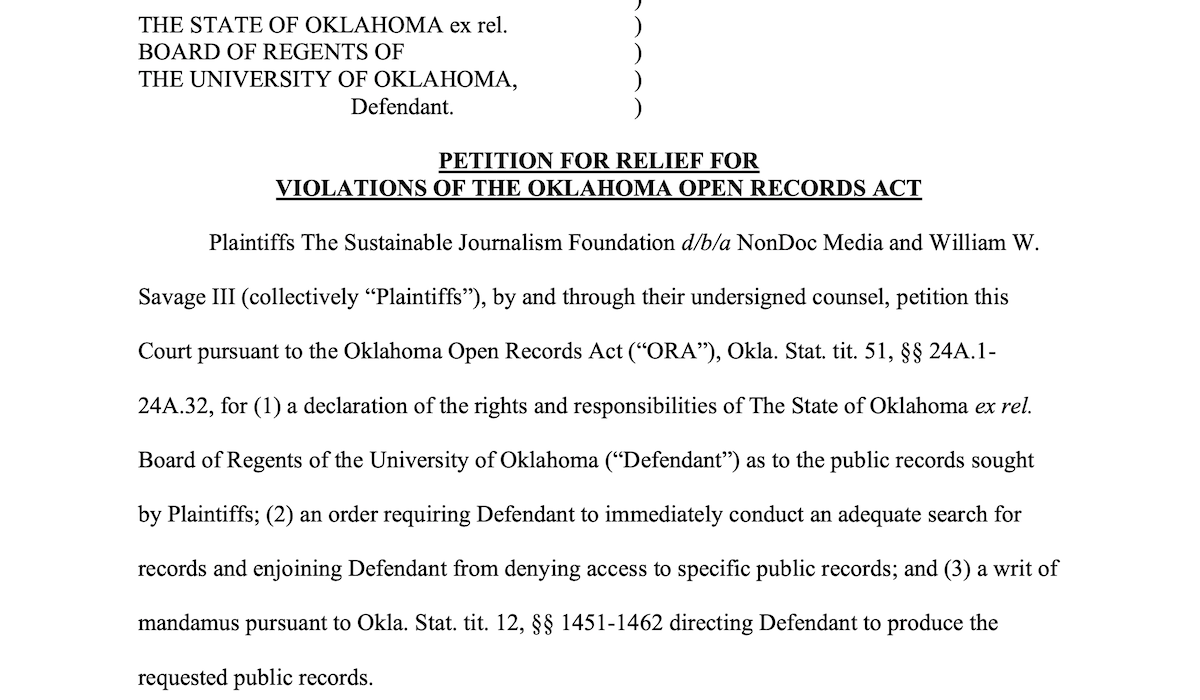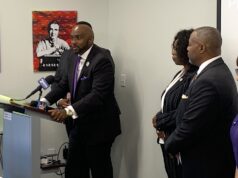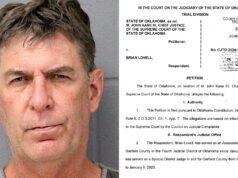
(Editor’s note: The author of this article and NonDoc Media are plaintiffs in the lawsuit referenced below.)
The morning after NonDoc filed a lawsuit asking a judge to order the University of Oklahoma to release a pair of reports regarding alleged sexual and financial misconduct by past university leadership, OU associate general counsel Heidi Long sent an additional letter reiterating OU’s denial of the request for records under the Oklahoma Open Records Act.
In her letter (pasted and embedded below), Long outlined OU’s reasoning for withholding the documents, which detail findings about misreporting of donor data and alleged sexual misconduct by former President David Boren, who resigned his professorship the same day OU denied NonDoc’s request for records.
OU paid the international law firm Jones Day more than $1 million to produce the reports.
RELATED
NonDoc files lawsuit seeking Jones Day reports from OU by Tres Savage
Long addressed and sent her letter to NonDoc’s attorney, KatieBeth Gardner of the Reporters Committee for Freedom of the Press, who had written OU’s Open Records Office, general counsel and Board of Regents on May 26 asking that the record-request denial be reconsidered.
In responding June 11, Long said she wanted to “take this opportunity to explain the university’s exercise of its discretion in maintaining the confidentiality of this (or any such similarly situated) report under those sections.”
Long emphasized that “numerous people” placed “their trust in the university” to conduct the investigations confidentially, and she argued that “disclosure of investigatory reports of the type your client seeks would cause irreparable harm to the university’s ability to conduct such investigations.”
“To the extent exercise of discretion to disclose is even applicable in this instance — and given the detrimental impact to the university’s future investigatory efforts — disclosure appears only to serve the public’s curiosity — not its interest,” Long wrote.
Gardner issued a statement Monday that NonDoc’s position “remains unchanged.”
“The University of Oklahoma violated the Oklahoma Open Records Act by failing to search for and release the Jones Day reports regarding the university’s misreporting of alumni donor data and sexual misconduct allegations involving Boren,” Gardner said Monday.
The full letter from Long to Gardner appears below, and Gardner’s May 26 letter can be viewed here.
Ms. Kathryn Gardner
Reporters Committee for Freedom of the Press
110 S. Harford Ave., Ste. 2524
Tulsa, OK 74120Re: Your Request for Reconsideration dated May 26, 2021
Dear Ms. Gardner:
This letter is in response to your correspondence dated May 26, 2021. The University has reconsidered Mr. Savage’s May 1, 2019, request for:
Any and all reports created by the law firm Jones Day for the University of Oklahoma relating to David Boren or Jim “Tripp” Hall.
The University’s response remains unchanged. An investigative report from a law firm engaged by the University to investigate misconduct allegations involving an employee is confidential pursuant to 51 O.S. § 24A.5(1)(a) and may be kept confidential under 51 O.S. §§ 24A.7(A) and/or 24A.12, as outlined in the University’s June 12, 2019 response to Mr. Savage.
As your May 26 correspondence mentions balancing the University’s withholding of any report against the public interest in the document – presumably under 51 O.S. §§ 24A.7(A) and/or 24A.12, I take this opportunity to explain the University’s exercise of its discretion in maintaining the confidentiality of this (or any such similarly situated) report under those sections.
Disclosure of investigatory reports of the type your client seeks would cause irreparable harm to the University’s ability to conduct such investigations. The investigative report Mr. Savage seeks was the product of numerous people placing their trust in the University and participating in a voluntary process that many participants conditioned upon confidentiality. These individuals shared private details about events, and the University assumed an obligation to maintain the confidentiality of these details to the best of its ability. Release of that report would undoubtedly have a chilling effect on any future reporting of claims to the University or cooperation of witnesses. This would undermine the reporting and investigative processes and would compromise the very atmosphere of open reporting and thorough investigation the University strives to foster and is required by numerous federal regulations to which the University is subject.
Additionally, Mr. Boren has disassociated himself from the University. The University did not pay any funds – public or otherwise – to Mr. Boren in connection with his disassociation from the University. The University has fully complied with both its policies and those regulations governing its response and the matter has been closed for more than two years.
To the extent exercise of discretion to disclose is even applicable in this instance – and given the detrimental impact to the University’s future investigatory efforts – disclosure appears only to serve the public’s curiosity – not its interest.
Additionally, the Open Records Act is inapplicable to records protected by state evidentiary privileges listed in 51 O.S. § 24A.5(1)(a), and the University maintains those privileges with respect to the report your client seeks.
Please feel free to contact this office if you have further facts or authority, you believe the University needs to consider with respect to our withholding of the report requested by Mr. Savage.
Very truly yours,
Heidi J. Long
Associate General Counsel
More details on NonDoc’s lawsuit seeking release of the Jones Day reports are available here.
Read OU’s full letter dated Friday, June 11
